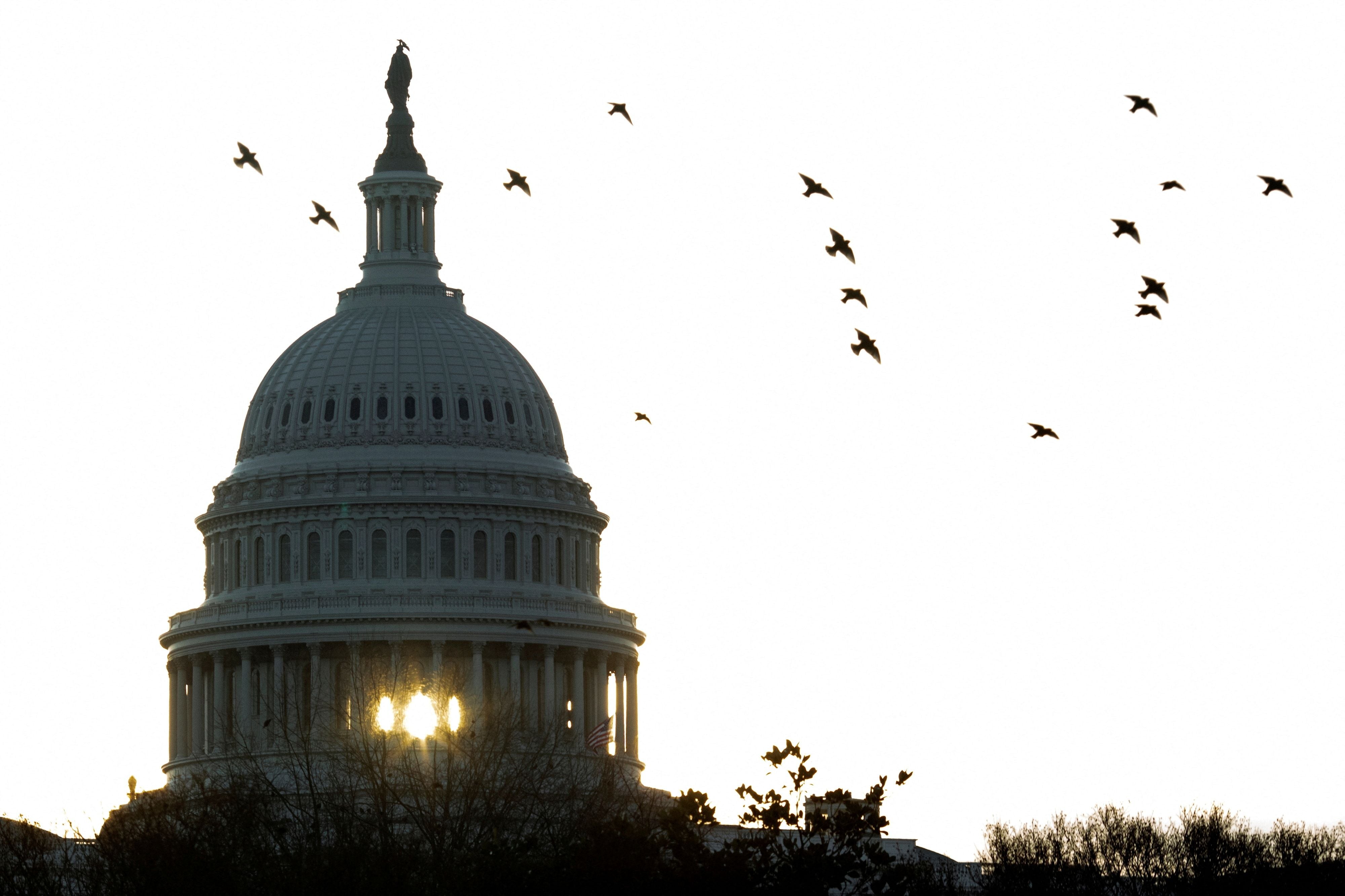
President Joe Biden wants to spend more to “fight Russian aggression” in Ukraine and crime in the United States, as well as raise taxes on the richest, according to his budget bill released on Monday.
Coinciding with the Russian invasion of Ukraine, the Executive drafted a budget that includes $31 billion for new defence spending, increasing the national defense line to $813 billion.
Under this section, $6.9 billion is allocated for the European Deterrence Initiative, for the Atlantic Alliance NATO and the “fight against Russian aggression” against Ukraine and an additional 1 billion in assistance to Kiev.
If Congress adopts the budget, this amount would add to other aid already disbursed to Kiev.
The funds would be used to “enhance the capabilities and preparedness of US forces, NATO allies and regional partners in the face of Russian aggression” to Ukrainian sovereignty, the White House reported.
On the other hand, it also proposes a new minimum tax of 20% for the richest in the country, the fortunes exceeding 100 million dollars.
“This minimum tax would only apply to 0.01% of the richest households — those with more than $100 million — and more than half of the income would come from billionaires alone,” the White House said in a statement.
“This would ensure that in a year they pay at least 20% of their total income in income taxes,” he added.

In a statement, Biden said his administration “is on track to reduce the federal deficit by more than $1.3 trillion this year,” in what is “the largest reduction in the annual deficit in US history.”
“This is a direct result of my Administration's strategy to bring the pandemic under control and to grow the economy from the bottom up and half outward,” the president said.
This will be possible, in part, by increasing the corporate tax from 21% to 28%, reversing legislation passed in 2017 by former Republican President Donald Trump's previous government (2017-2021), which reduced it to 21%.
“Although their profits skyrocketed, their investment in our economy did not: tax breaks did not reach workers or consumers,” justified the White House, which stressed that the new rate remains the lowest for large companies since World War II, except in the years after the 2017 tax cut.
Washington also recalls supporting a negotiated agreement with the Organization for Economic Cooperation and Development (OECD) that establishes a minimum tax of 15% for global business.
The Biden administration notes that the budget bill contains additional measures to ensure that multinational companies operating in the United States cannot use tax havens to reduce the overall minimum tax.
In addition, the budget proposal contains $9.9 billion to strengthen the capacity of health systems in the country “to improve immunization programs” against covid-19 and $81.7 billion over the next five years in health security against future pandemics.
The Executive's proposal is expected to be sent to Congress on Tuesday, which must then approve it. It is usually presented in May, but this year it has been brought forward so that it does not coincide with the legislative elections in November.
In US public finances, discretionary spending is government spending implemented through an appropriations bill that has to be passed in the Legislative.
(With information from AFP and EFE)
Últimas Noticias
Debanhi Escobar: they secured the motel where she was found lifeless in a cistern

The oldest person in the world died at the age of 119

Macabre find in CDMX: they left a body bagged and tied in a taxi
The eagles of America will face Manchester City in a duel of legends. Here are the details

Why is it good to bring dogs out to know the world when they are puppies




